Tanker trailers are essential components in the transportation of various liquids, including fuels, chemicals, and food-grade products. As manufacturers of semi-trailers, we acknowledge the importance of these specialized vehicles in the logistics and supply chain sectors. This extensive guide delves into the intricacies of tanker trailers, providing insights into their types, construction, safety features, and applications.
What is a Tanker Trailer?
A tanker trailer is an articulated vehicle designed to transport liquid materials. The trailer itself is typically constructed from stainless steel or aluminum, which provides durability and resistance to corrosion. The design can vary based on the specific needs of the transportation job, with different shapes and sizes available depending on the type of liquid being transported.
Types of Tanker Trailers
Understanding the various types of tanker trailers is crucial for manufacturers and logistics companies looking to optimize their fleet operations. Below is a detailed table that outlines the key types of tanker trailers, their typical uses, and their distinctive features.
| Type of Tanker Trailer | Common Applications | Distinctive Features |
|---|---|---|
| Fuel Tanker Trailer | Transporting gasoline, diesel, jet fuel | Usually has multiple compartments to separate fuel types, equipped with anti-surge baffles. |
| Chemical Tanker Trailer | Transporting hazardous materials (e.g., acids, solvents) | Often constructed with specialized lining for chemical resistance; includes vapor recovery systems. |
| Food Grade Tanker Trailer | Transporting food products like milk, juices | Built with hygienic materials, scrubbed thoroughly; may include heating elements for certain products. |
| Water Tanker Trailer | Supplying potable and non-potable water | Often larger in capacity; some models may include filtration systems for water quality assurance. |
| Cement Tanker Trailer | Transporting powdered materials like cement | Features a pressurized system for efficient unloading and is generally made from durable steel. |

Construction and Design of Tanker Trailers
When it comes to the design and construction of tanker trailers, several factors come into play. The structural framework of tanker trailers is engineered to withstand the unique challenges posed by liquid transportation.
Materials Used
The primary materials used in the construction of tanker trailers include:
- Aluminum: Lightweight and resistant to corrosion, aluminum is popular for its ability to reduce fuel consumption due to lower weight.
- Stainless Steel: Highly durable and resistant to the corrosive effects of certain liquids, stainless steel is often used for food-grade and chemical tankers.
- Carbon Steel: Used for applications where weight is not as critical, carbon steel is a cost-effective option for numerous tanker constructions.
Tank Design and Configuration
The design of the tanker itself can vary significantly depending on what it transports. Key design aspects include:
- Single vs. Multi-compartment Tanks: Multi-compartment tanks allow for the simultaneous transport of different liquids, enhancing efficiency.
- Shape and Size: The standard cylindrical shape helps in the uniform distribution of liquid, but variations exist based on specific transport needs.
- Baffles: Internal baffles help minimize slosh during transit, ensuring stability and reducing the risk of accidents.
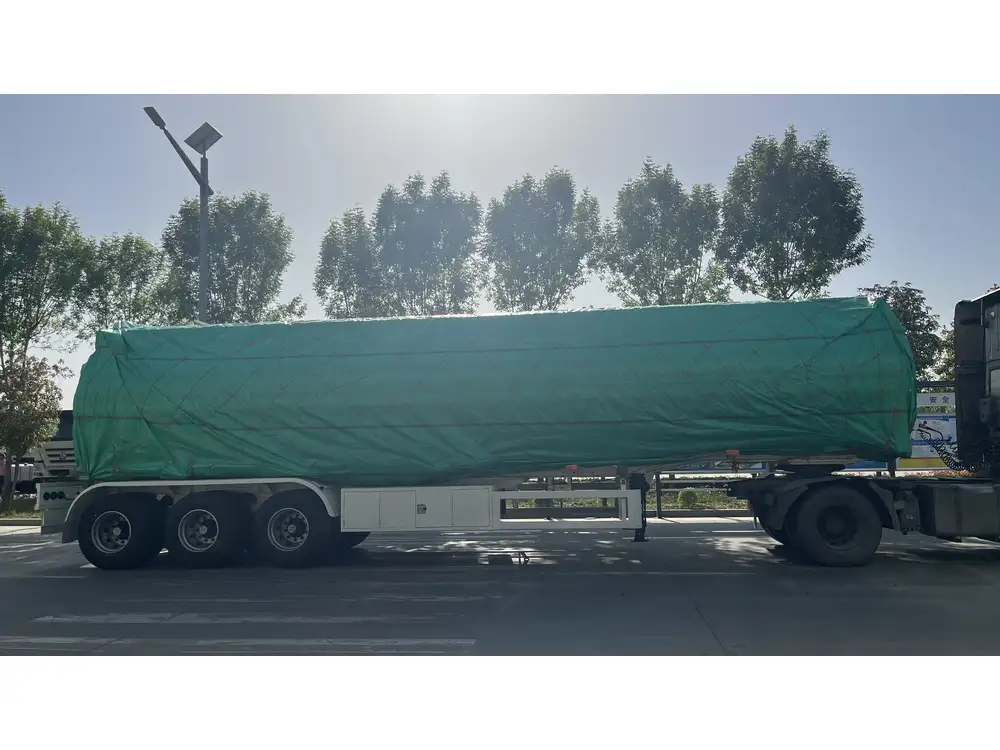
Safety Features in Tanker Trailers
Safety is paramount when transporting hazardous and non-hazardous liquids. Tanker trailers come equipped with various safety features designed to protect both the cargo and the environment.
- Emergency Shut-off Valves: These valves halt the flow of liquid in emergencies.
- Vapor Recovery Systems: Often included in fuel and chemical tankers, these systems prevent the release of harmful vapors during loading and unloading.
- Pressure Monitoring Systems: Crucial for chemical tankers to prevent over-pressurization, which can lead to catastrophic failures.
- Anti-surge Baffles: These internal structures minimize liquid movement during transit, reducing the risk of tipping and loss of control.
Regulatory Standards for Tanker Trailers
Tanker trailers are subject to various regulatory standards that ensure their safety and reliability. Key regulations include:
- Department of Transportation (DOT) Standards: Regulations that specifically address the safe transportation of hazardous materials.
- Occupational Safety and Health Administration (OSHA) Guidelines: Ensure safe handling during loading and unloading operations.
- American Society of Mechanical Engineers (ASME) Codes: Standards that dictate fabrication processes, particularly for pressure vessels.
The Application Spectrum of Tanker Trailers
The versatility of tanker trailers allows them to be used across a plethora of industries. Here’s a closer look at some key sectors utilizing these trailers:
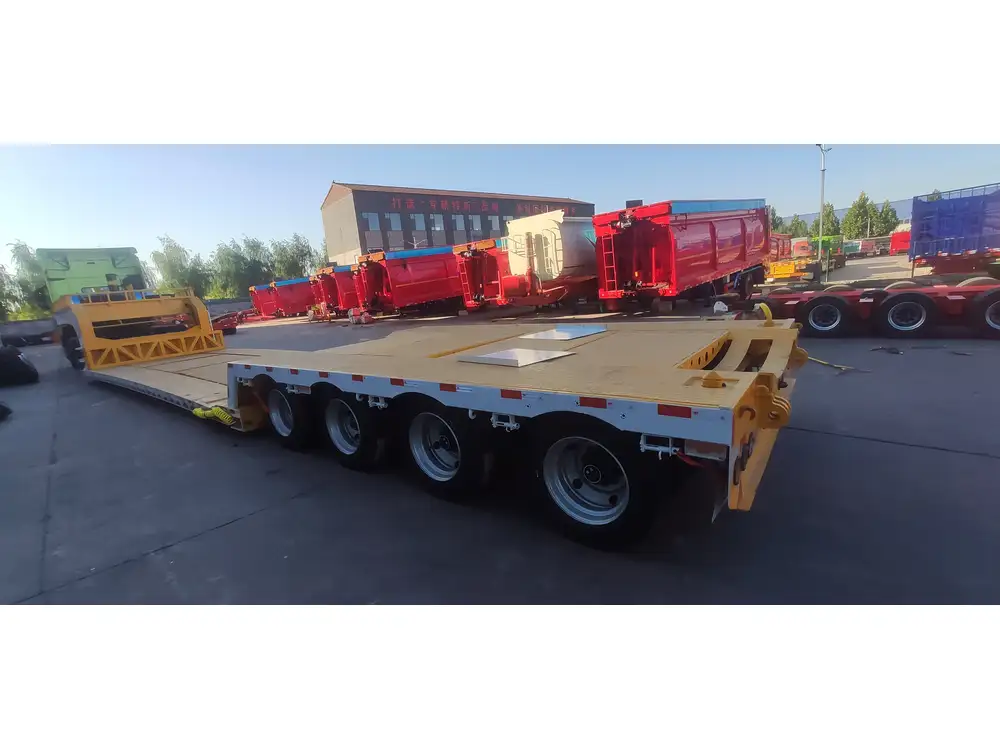
1. Petroleum Industry
- Transporting Fuels: Tanker trailers are extensively used to transfer gasoline, diesel, and jet fuel from refineries to distribution points.
2. Agriculture
- Fertilizers and Chemicals: Tanker trailers facilitate the movement of agricultural liquids, such as fertilizers, to farming locations.
3. Food and Beverage Industry
- Transporting Liquids: From milk to juices, specialized food-grade tanker trailers ensure sanitary conditions during transport.
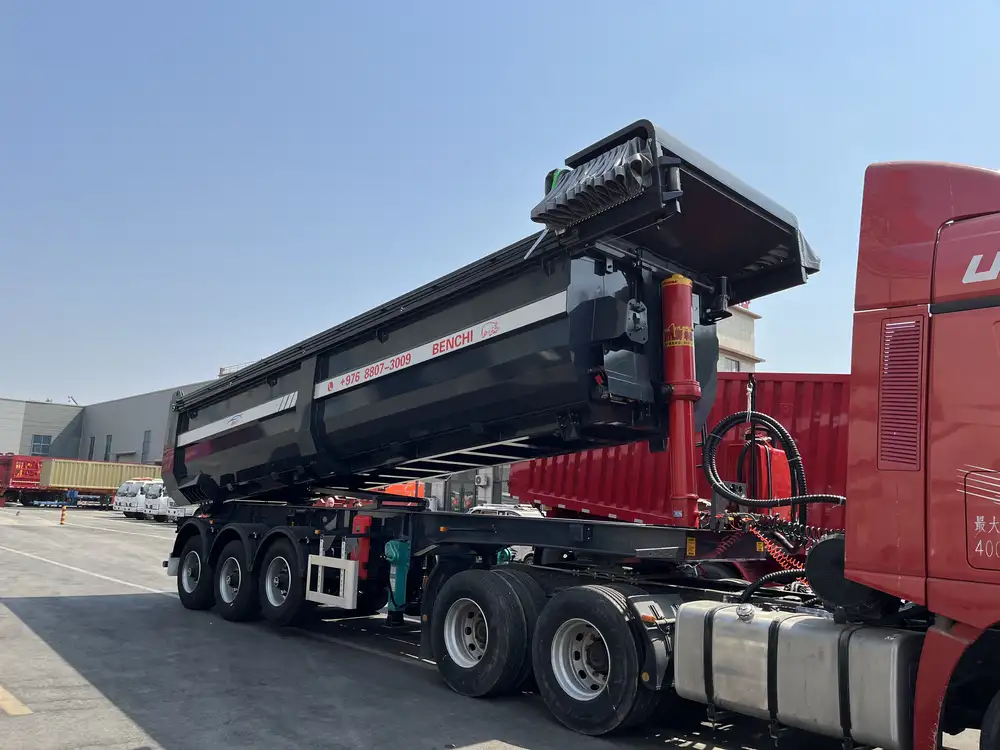
4. Construction
- Cement and Dry Bulk Materials: Cement tankers play a crucial role in supplying construction sites with necessary materials.
5. Pharmaceuticals and Chemicals
- Hazardous Materials: Specially designed chemical tankers transport various hazardous materials while adhering to safety regulations.
Cost Considerations for Tanker Trailer Procurement
When considering the purchase of tanker trailers, a wide range of factors can influence the total cost. Here’s an overview:
| Component | Cost Considerations |
|---|---|
| Material | Aluminum is generally more expensive than steel due to weight-saving benefits. |
| Tank Size | Larger capacities will incur higher manufacturing and material costs. |
| Safety Features | Advanced safety systems may add to the base cost but can improve long-term viability and insurance rates. |
| Customization | Custom-designed trailers with specific configurations can significantly increase costs. |
| Maintenance | Regular maintenance and repair costs should also be factored into long-term expenses. |

Maintenance Tips for Tanker Trailers
Proper maintenance is essential for ensuring the longevity and reliability of tanker trailers. We’ve compiled a list of crucial maintenance tips:
- Regular Inspections: Schedule periodic checks to assess the integrity of tank materials and safety features.
- Cleaning Procedures: Implement routine cleaning protocols, especially for food-grade and chemical tanks, to prevent contamination.
- Brake System Checks: Regularly inspect brake systems to ensure they operate effectively; this is vital for safety.
- Seal and Valve Checks: Periodically inspect seals and valves for wear and tear to avoid leaks during transport.
- Documentation of Maintenance: Keep thorough records of all maintenance activities for compliance and warranty purposes.
The Future of Tanker Trailers
As the transportation industry evolves, so too does the technology behind tanker trailers. Key trends include:
1. Transition to Eco-Friendly Materials
As sustainability becomes a priority, manufacturers are exploring lightweight and recyclable materials for construction.
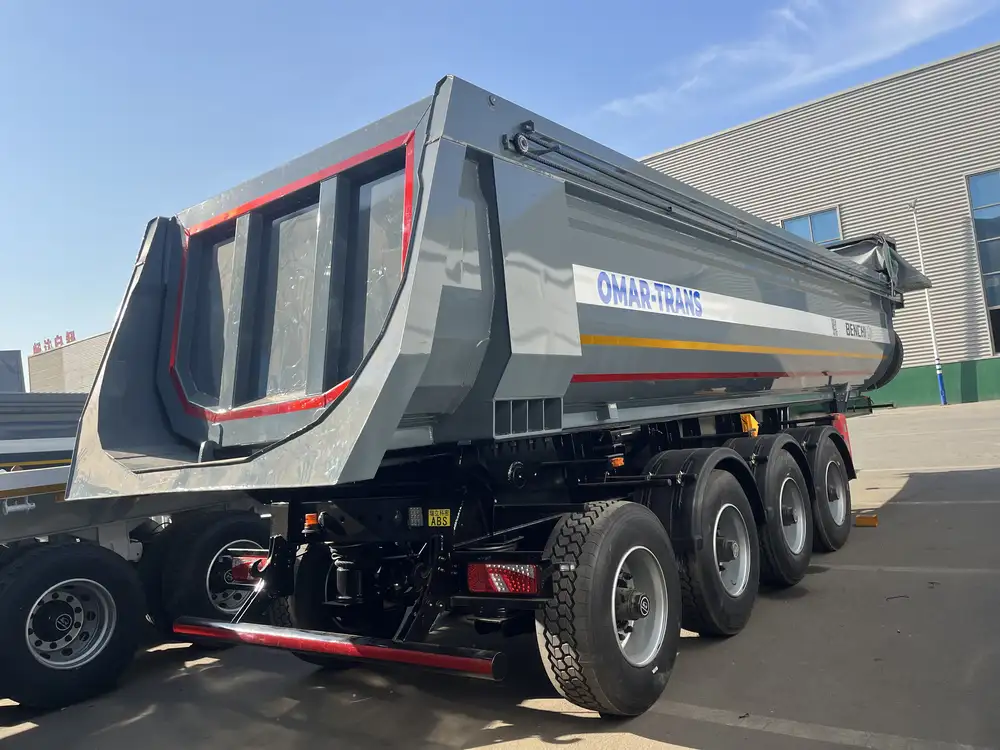
2. Enhanced Automation
The incorporation of technology such as GPS tracking systems, automated loading/unloading processes, and real-time monitoring enhances operational efficiency.
3. Impact of Regulations
With increasingly strict environmental regulations, tanker trailers’ designs that minimize emissions and reduce spills are becoming more common.
4. Renewable Fuels Transportation
With the rise of alternative fuels, specialized trailers for biodiesel and other renewable fuels are beginning to appear.
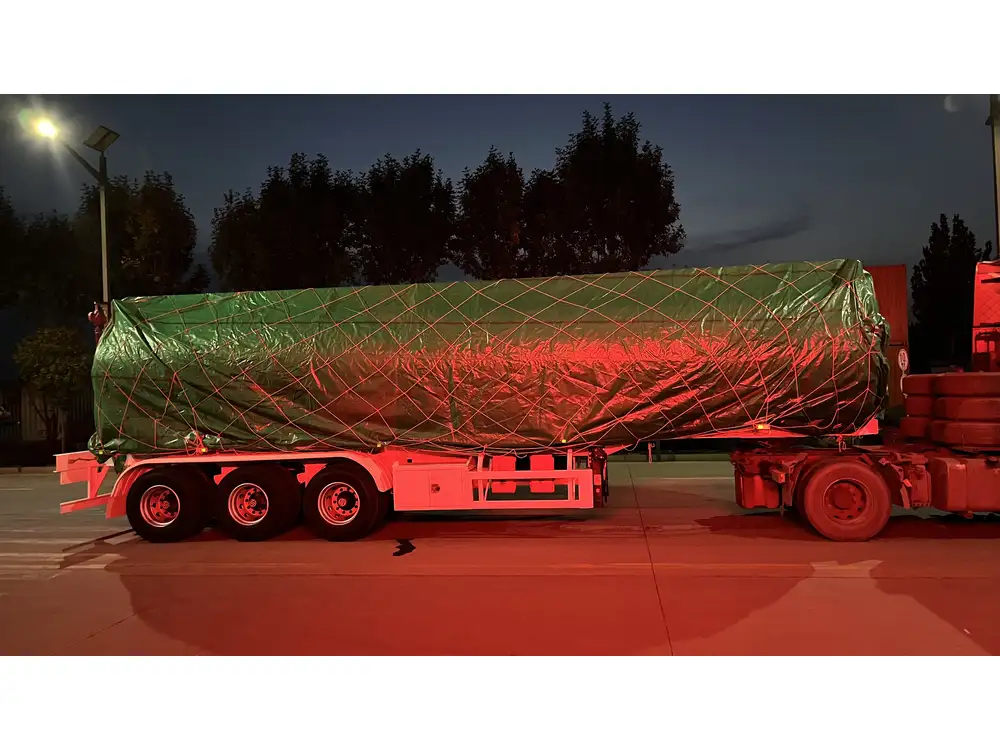
Conclusion
Tanker trailers play a pivotal role in the logistics and transportation sectors, ensuring that liquid materials are moved safely and efficiently across various industries. Understanding their construction, applications, and maintenance is essential for manufacturers and businesses involved in the transportation of liquids. By prioritizing safety, compliance with regulations, and leveraging technological advancements, companies can maximize their operational efficiency while contributing to a safer and more sustainable transportation landscape.
In summary, for anyone looking to invest in or optimize their fleet of tanker trailers, keeping abreast of industry trends and incorporating best practices will safeguard against potential risks and enhance overall performance.



